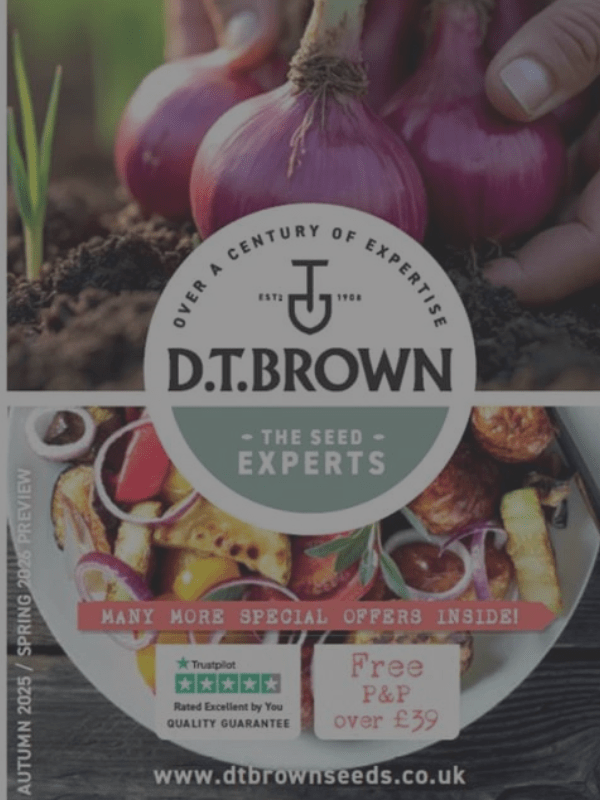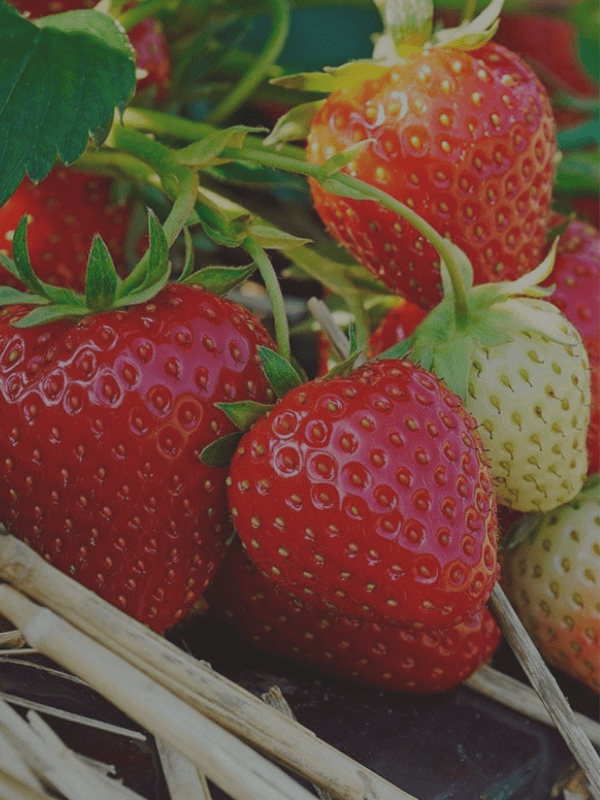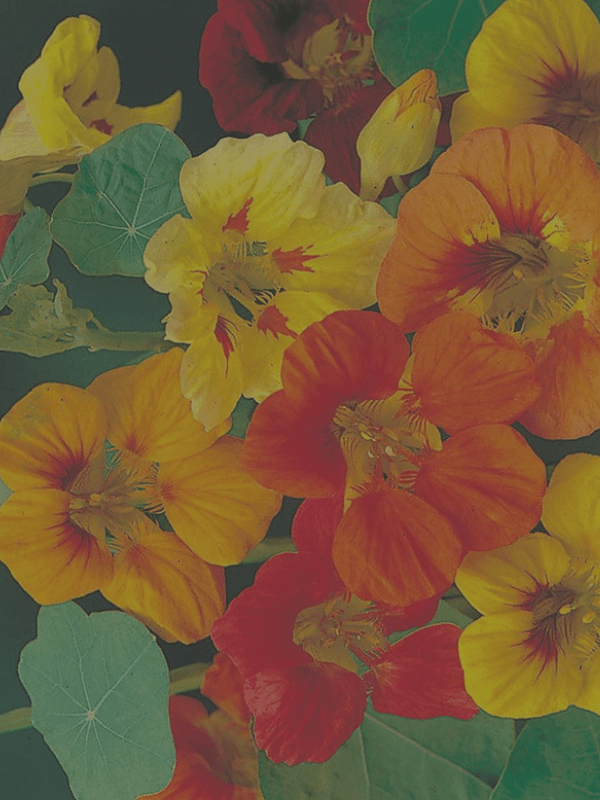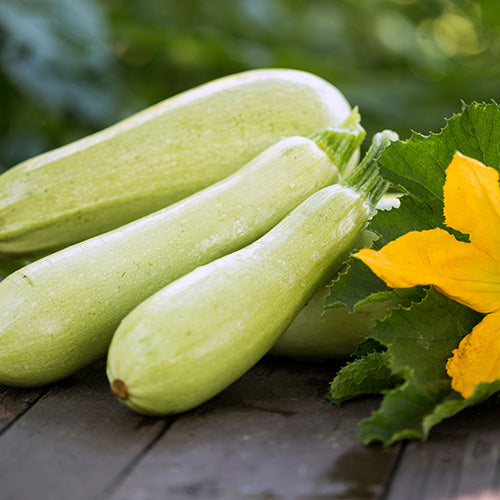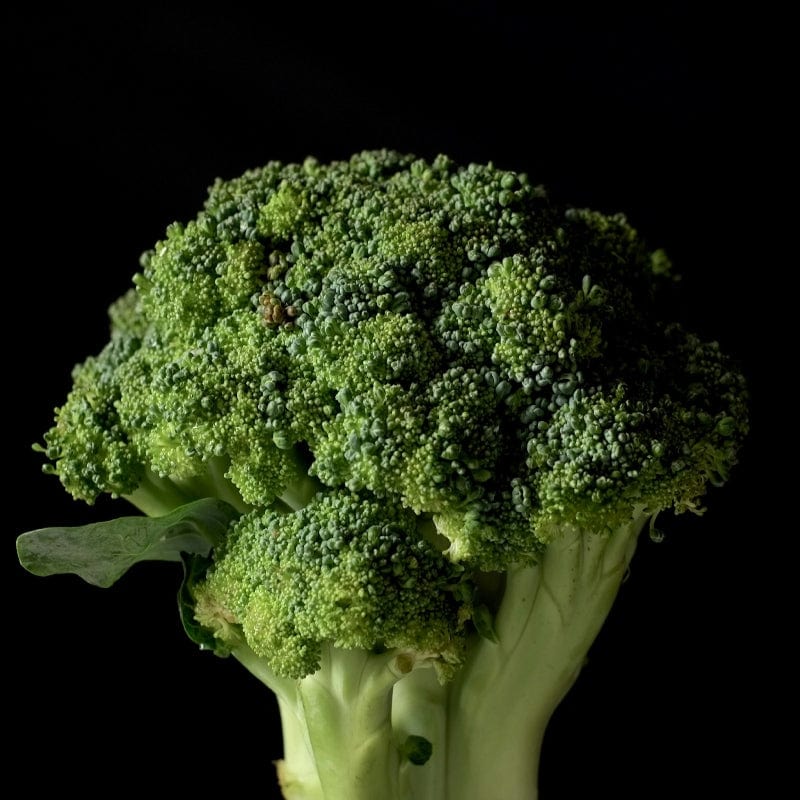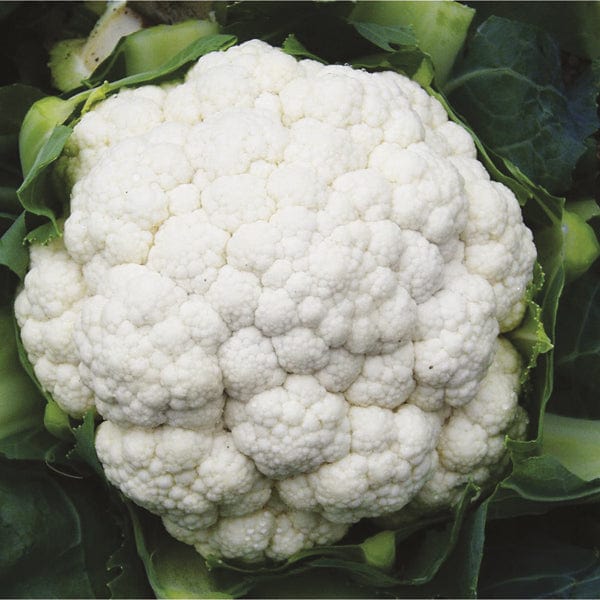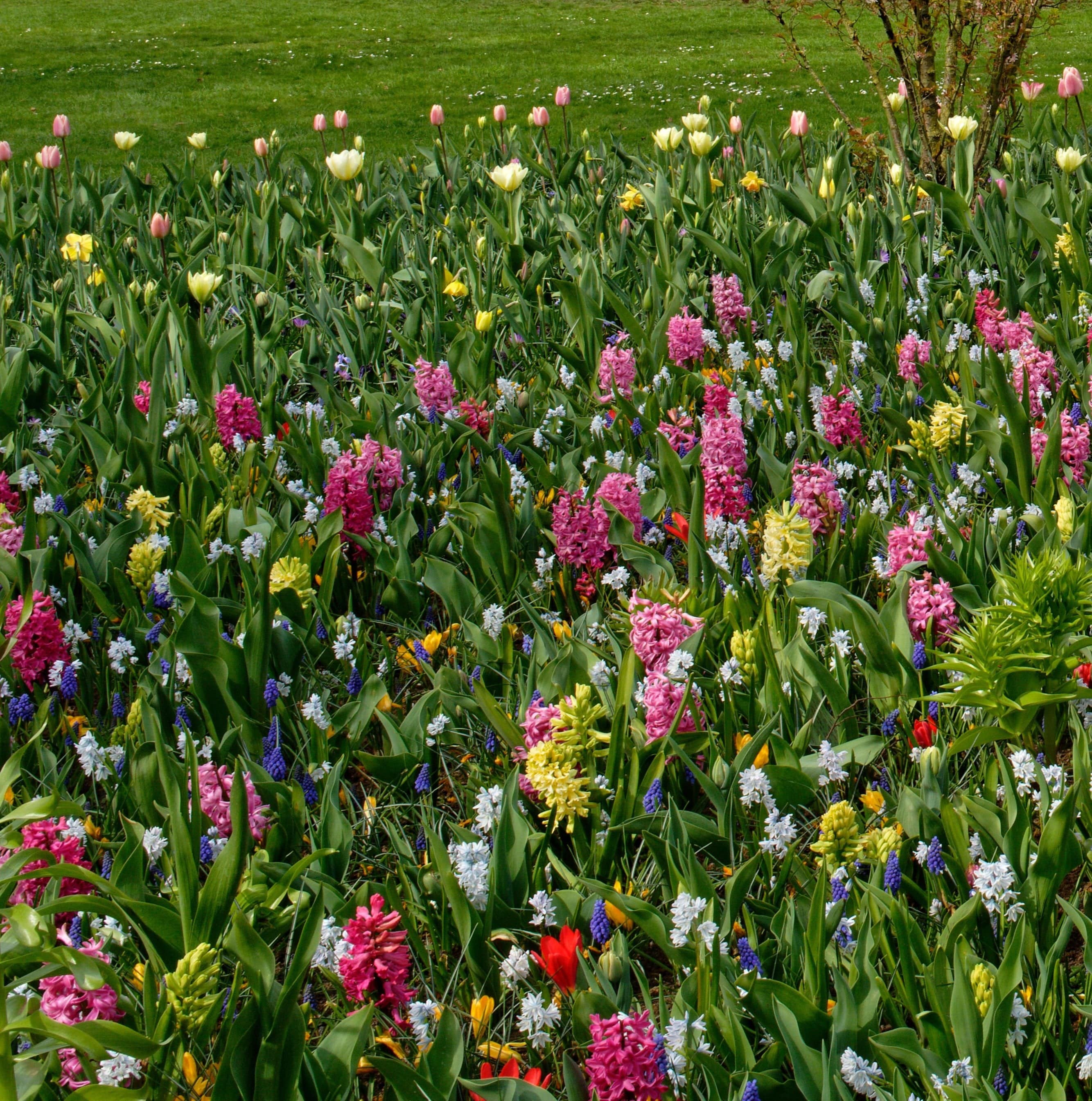A favourite of many gardeners, courgettes are easy to grow and are fantastically versatile vegetable plants to be used in many recipes. It isn’t a common occurrence, though a courgette plant will occasionally produce extremely bitter, inedible fruit with high levels of cucurbitacin. If this is eaten, it could make a person unwell. So, read on to find out how to prevent bitter courgettes and additional essential information.
Why Is My Courgette Bitter?
Although rare, bitter courgette poisoning can occur when a courgette plant is cross-pollinated by pollen from a wild or ornamental bitter gourd, which naturally contains high levels of cucurbitacin to deter predators. This problem is only likely to occur with ‘open pollinated’ courgette varieties, where insect pollination produces crops in an open field environment. Although all possible precautions are taken to prevent cross-pollination, the arbitrary nature of this natural process means a slight possibility remains.
A few cross-pollinated seeds could grow to produce plants that share the trait of the bitter gourd parent. This generation of plants may then go on to produce fruit with high levels of cucurbitacin. These plants should be discarded, as they will only produce inedible fruit.
The initial fruit from the cucurbitacin-free, purebred parent is still perfectly edible even if its seeds have been cross-fertilised. This means that all squash plants and courgettes can be grown together without affecting the quality of their crops. However, because it is not possible to tell if the seed within a fruit has been cross-fertilised, it is best not to save these seeds for future plants.
Can a Bitter Courgette Lead to Poisoning?
As stated above, a bitter courgette is a rare occurrence. However, if you do ingest one, this can lead to symptoms such as nausea and stomach cramps. If you are concerned about your symptoms, you should seek medical attention. However, most cases typically see these subside within a few days. It can be difficult to tell if bitter courgette poisoning will occur, so follow the steps below to prevent it.
How Do I Prevent Courgette Bitterness?
We always recommend using high-quality, bought courgette seeds, as commercial courgette growers will take all possible precautions to reduce the risk of bitter courgette poisoning to an absolute minimum.
F1 hybrid varieties, such as the many available in our shop, are pollinated in a controlled way. Therefore, their seeds are not at the same risk of accidental cross-pollination. However, on rare occasions, higher levels of cucurbitacin can be caused by a spontaneous mutation as a response to injury or other external factors, such as severe water stress.
Although exceptionally unusual in commercially available seeds, cross-pollination with bitter wild types was a phenomenon traditionally known to smallholders and kitchen gardeners who regularly saved seeds from harvested fruit. It was common practice for the first fruit from a plant to be checked by cutting a slice and touching it with the tip of the tongue. Fruits high in cucurbitacin are so bitter that they are instantly recognisable. The offending plant would then be removed and discarded. If the first fruit tastes fine, then the likelihood is that all the other fruit from that plant will also be good.
Few gardeners these days save seeds from courgette harvests, and the ‘tongue tip taste test’ has become less well known. However, it is easy to do and still a good practice when harvesting the first fruit from a new plant.
Buy Quality Courgettes at D.T. Brown
When you buy courgette seeds or plants from D.T. Brown, you can rest assured that we only provide courgettes that have been cultivated to reduce the risk of bitter courgettes to a minimum. If you’re searching for more gardening tips, you can find more expert advice on our gardening blog, featuring many guides to help you keep your garden at its best.
But it’s not just gardening advice that we offer, as we’ve got a diverse range of gardening supplies so you can find exactly what you need. With tools and accessories, vegetable seeds, flower seeds, fruit seeds, and more, we’ve got it all in one convenient place. If you’d like to ask us about our range, feel free to get in touch with any questions. A member of our team will be more than happy to help.
